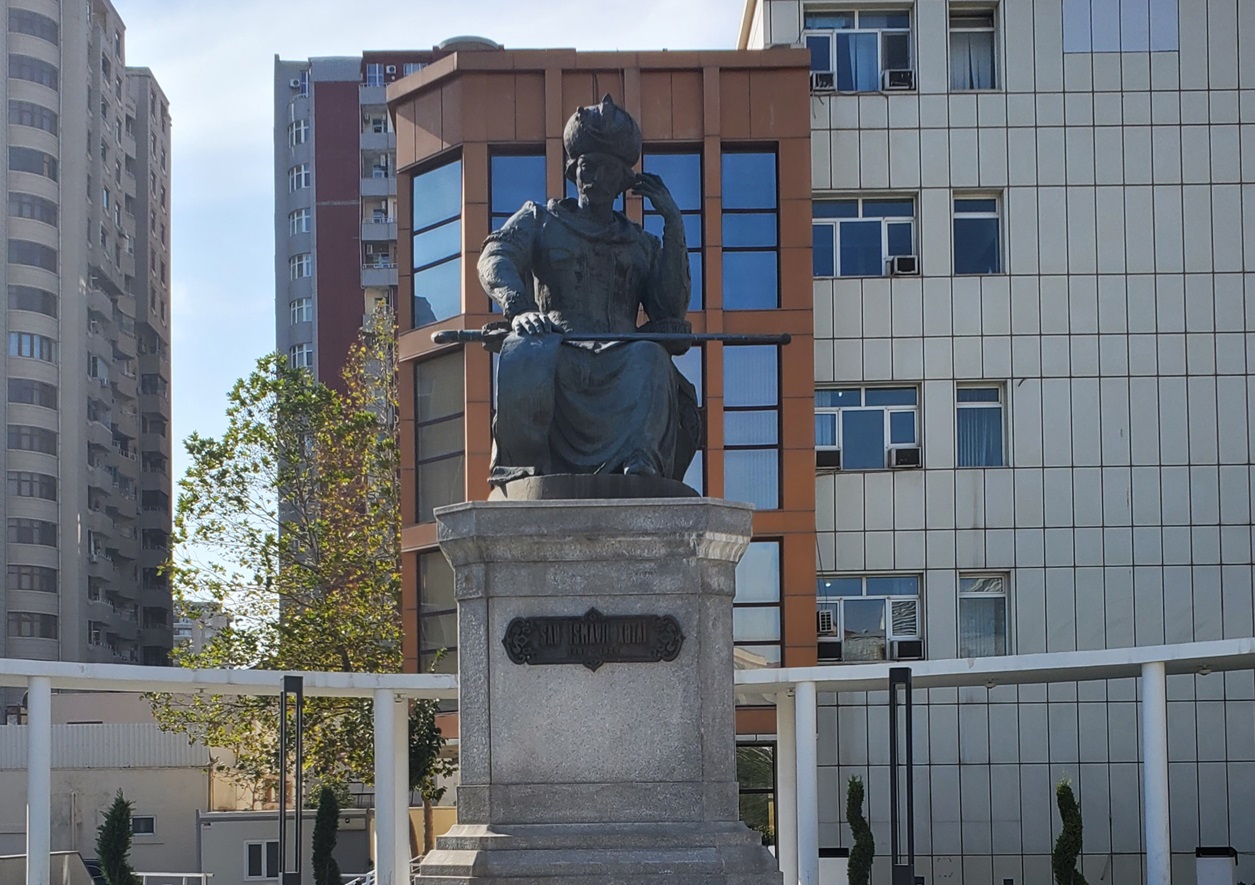Baku now claims Safavid heritage
In the age of sovereignism, Azerbaijan rediscovers one of the largest and longest-lived empires in the Muslim world to claim the historical roots of its statehood ion opposition to Tehran. Akhmedov: ‘The political and economic reforms of its founder Šakh Ismail Khataj should be studied’. Ancient events as a key to reading today's battles of the Aliev dynasty.
Baku (AsiaNews) - In these times of the rediscovery of the sovereign identity of peoples and nations, Azerbaijan intends to present itself as heir to ancient dynasties such as that of the Safavids, a Turkic-speaking and Turkic-cultured lineage that originated in the Azerbaijani territories in the Persian Empire that ruled Persia between 1501 and 1736, one of the largest and longest-lived empires in the Muslim world, often considered the beginning of Iran's modern age.
An interview on this topic was published on the state website Zerkalo.az by Khazar University history and philosophy scholar Sabukhi Akhmedov, one of the main proponents of the Safavid thesis as a ‘phenomenon of Azerbaijani statehood’ that has fuelled the controversy between Baku and Tehran for centuries. He starts from a quotation by the poet Abbas-Kuli-Aga Bakikhanov, who wrote words of ‘great actuality’ in 1841: ‘Living in the present without looking at the past is like wandering aimlessly in the desert’.
Akhmedov explains that the Safavids originated from even older unions of scattered Turkic tribes, living in the present-day territory of Azerbaijan and the surrounding regions of Asia Minor, later proclaiming themselves as one of the most important movements of Islam, the ‘Shiites of their own religion’, until the campaign of Šakh Ismail Khataj in 1501, who was able to unite the different lineages with such energy ‘that he was compared to Alexander the Macedonian’.
In the post-Mongolian era, the professor explains, the Safavids ‘knew how to hold on to the best of Tatar-Mongolian domination’, such as financial and economic relations, military relations, but also cultural and ethical relations, ‘successfully transforming the Mongolian system of administration into their own state’. The various groups of Azerbaijanis rallied around a strong centre of government, although later divisions caused this ‘sense of state’ to be lost, which must be recovered today, remembering the many victories of the Safavids, not the few defeats.
In the exaltation of the empire, the Safavids are compared to the Ottomans, who also gathered so many peoples under themselves after the end of the Khanate of the Mongols. Akhmedov observes that Azerbaijanis remember Šakh Ismail ‘only as a poet and a man of letters’, while his great political and economic reforms should be studied, as well as his military campaigns, the first of which took place ‘when he was only 14 years old, defeating the state of Ak Kojunlo’, which stretched across eastern Anatolia and Armenia. In this way, ancient stories illuminate the modern battles of Azerbaijan's Aliev dynasty, Heydar and Ilham, who led the country in these post-Soviet years as the ‘new Safavids’.
Ismail was an ‘enlightened ruler’ more than any of his contemporaries, who instead of exterminating his enemies, took them all into his service by enhancing their skills in the new unitary kingdom, which was not typical of those times, ‘he was almost revolutionary, displaying a special talent as an ideologue and statesman’. By also uniting the various nomadic and semi-nomadic Turkic tribes, he was able to demonstrate that progress ‘is not the prerogative only of sedentary peoples’, and a 17th century Muslim sheikh could appear ‘more modern than many rulers of today’.
Akhmedov's conclusion is that ‘we should not complain if a conglomerate of republics like the USSR lasted only 70 years, but we should take up the traditions of a state built by a young Azerbaijani who lasted more than two centuries’. Ismail also set up a large library in the capital, along with the ‘Tebriz Poets’ Couch' in which he himself participated, as he was aware that “a true state cannot exist without its own culture”, and today ’we need museums and libraries that illuminate our history, that of the Safavids or Caucasian Albania and so many other periods and stages of our statehood, which our opponents claim has only existed for a century... Sometimes scholars here are like men groping in the dark at the elephant's body, without realising its greatness'.







.png)










